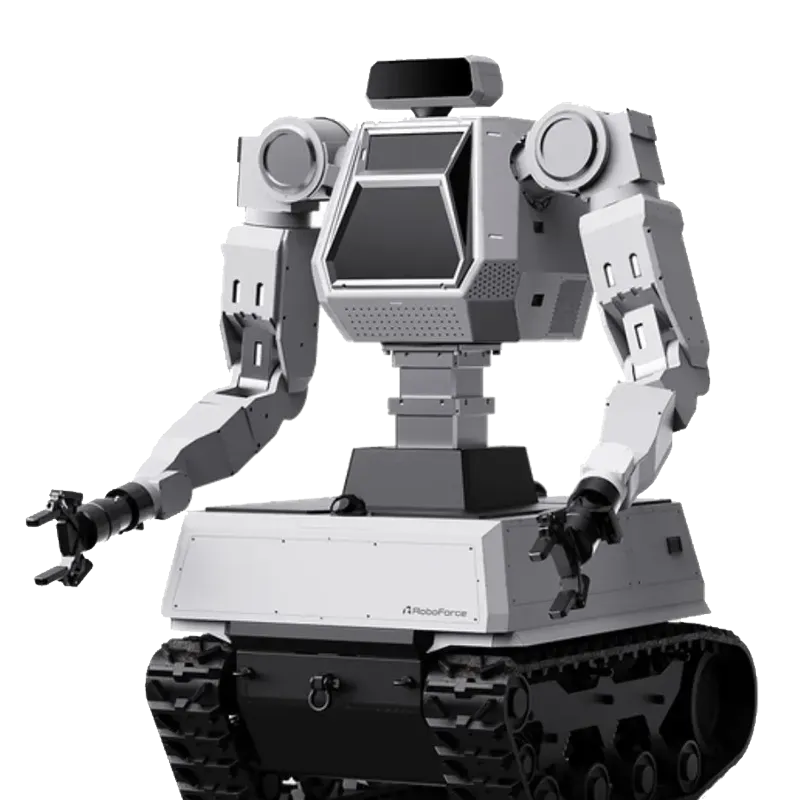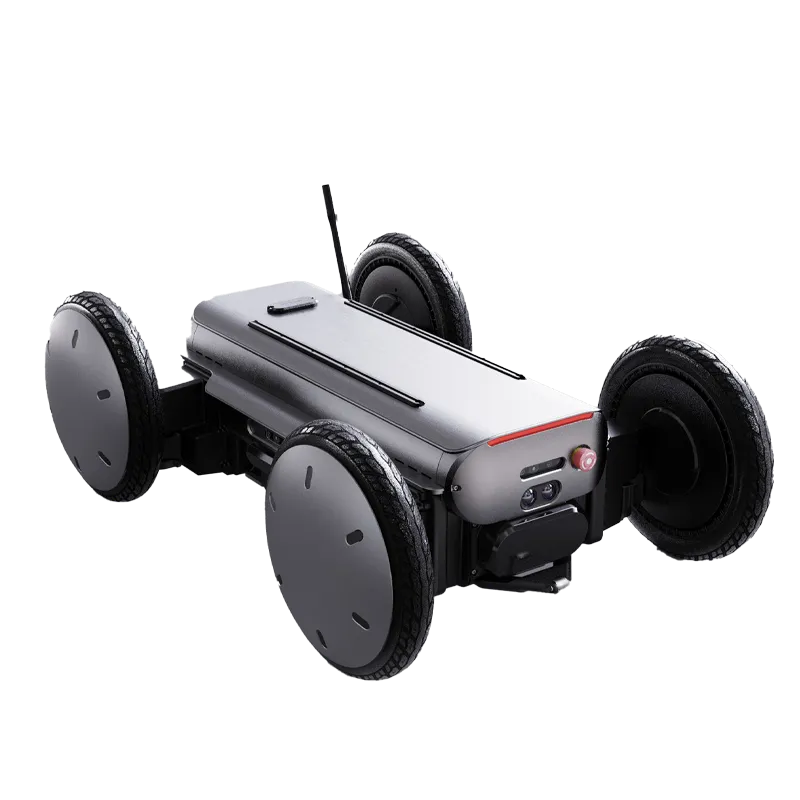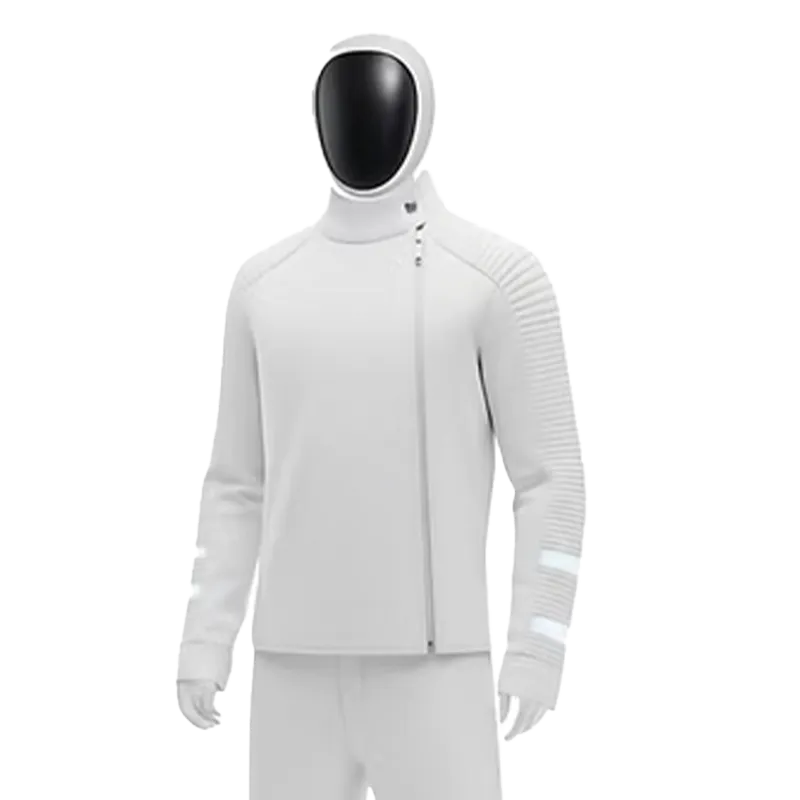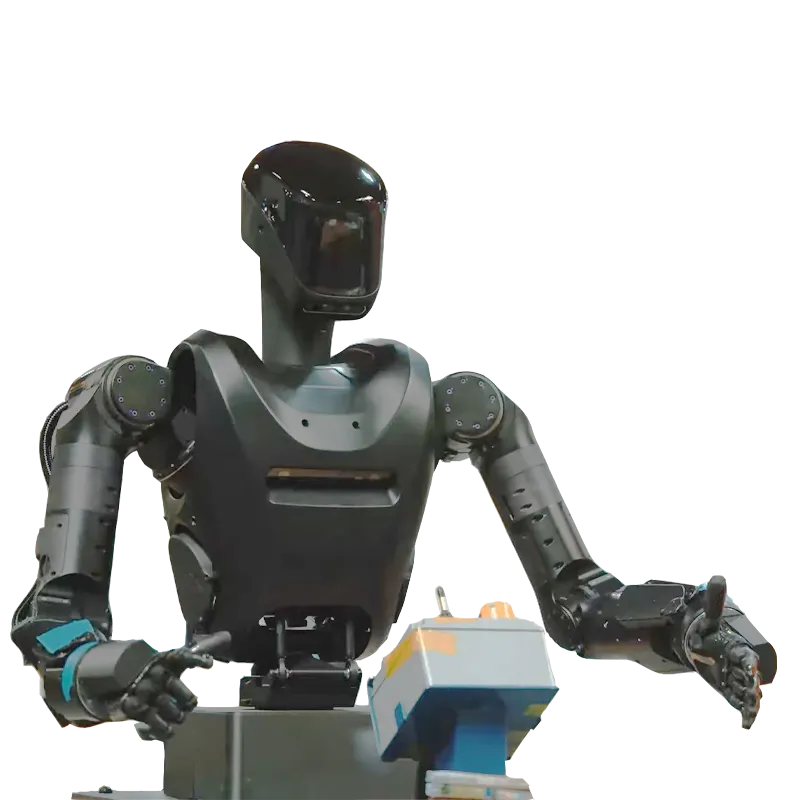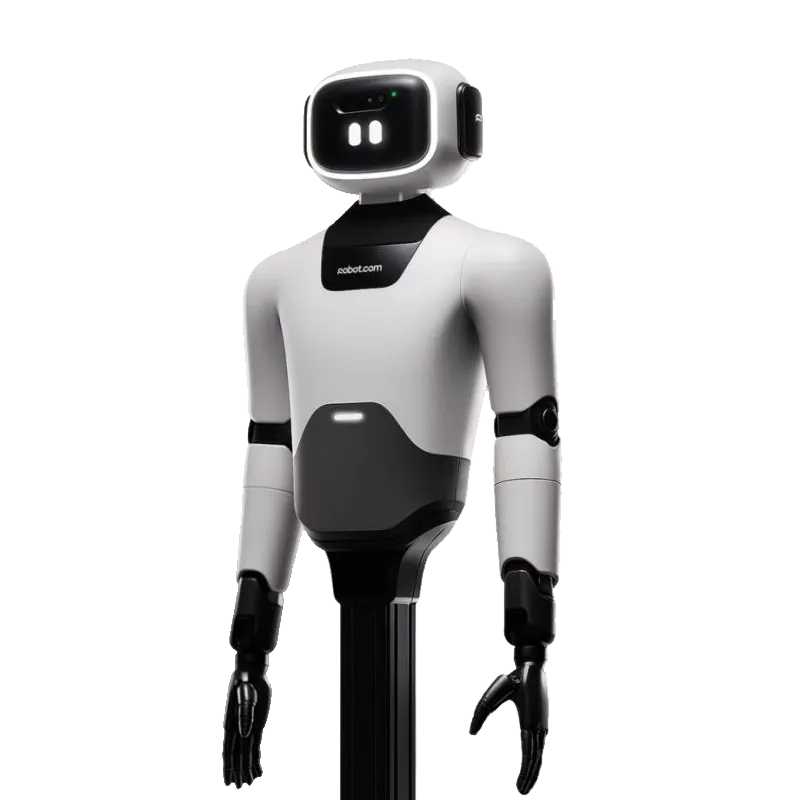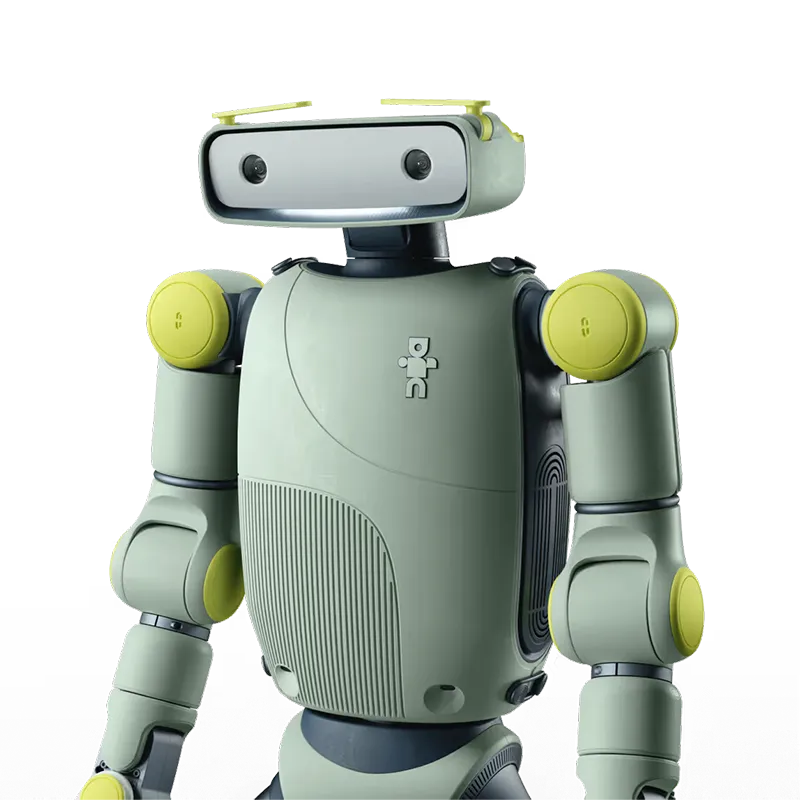Intro
Founded in 2012 by Matthieu Masselin, Nicolas Simon, and Alexandre Boulanger, all graduates of Polytechnique, Wandercraft aims to enable paralyzed individuals to live normal lives through advanced exoskeleton robotics. The company’s first exoskeleton was released in 2018, and its technology is now used in rehabilitation centers in Europe and the US. Wandercraft’s exoskeletons are self-stabilizing, using AI to adapt to patients’ needs and restore natural walking motions. The company has raised nearly $150 million in funding, established US operations, and is expanding into industrial humanoid robots for factory and home assistance.
Robots
- Atalante: Self-balancing exoskeleton for clinical rehabilitation, enabling hands-free, multidirectional walking for patients with mobility impairments.
- Eve: World’s first self-balancing personal exoskeleton for home and community use, designed to restore natural walking for those with severe mobility disabilities.
- Calvin-40: Humanoid robot for lifting and assisting in industrial or caregiving environments, supporting workers with humanoid strength and reliability.
Specialism
AI-powered self-balancing exoskeletons and humanoid robots for rehabilitation, mobility, and industrial assistance.
Business Viability
Wandercraft demonstrates strong business viability with nearly $150 million raised, global deployment of its products, and partnerships with major industry players like Renault. Its technology addresses critical needs in healthcare and industry, positioning it for continued growth and innovation.








